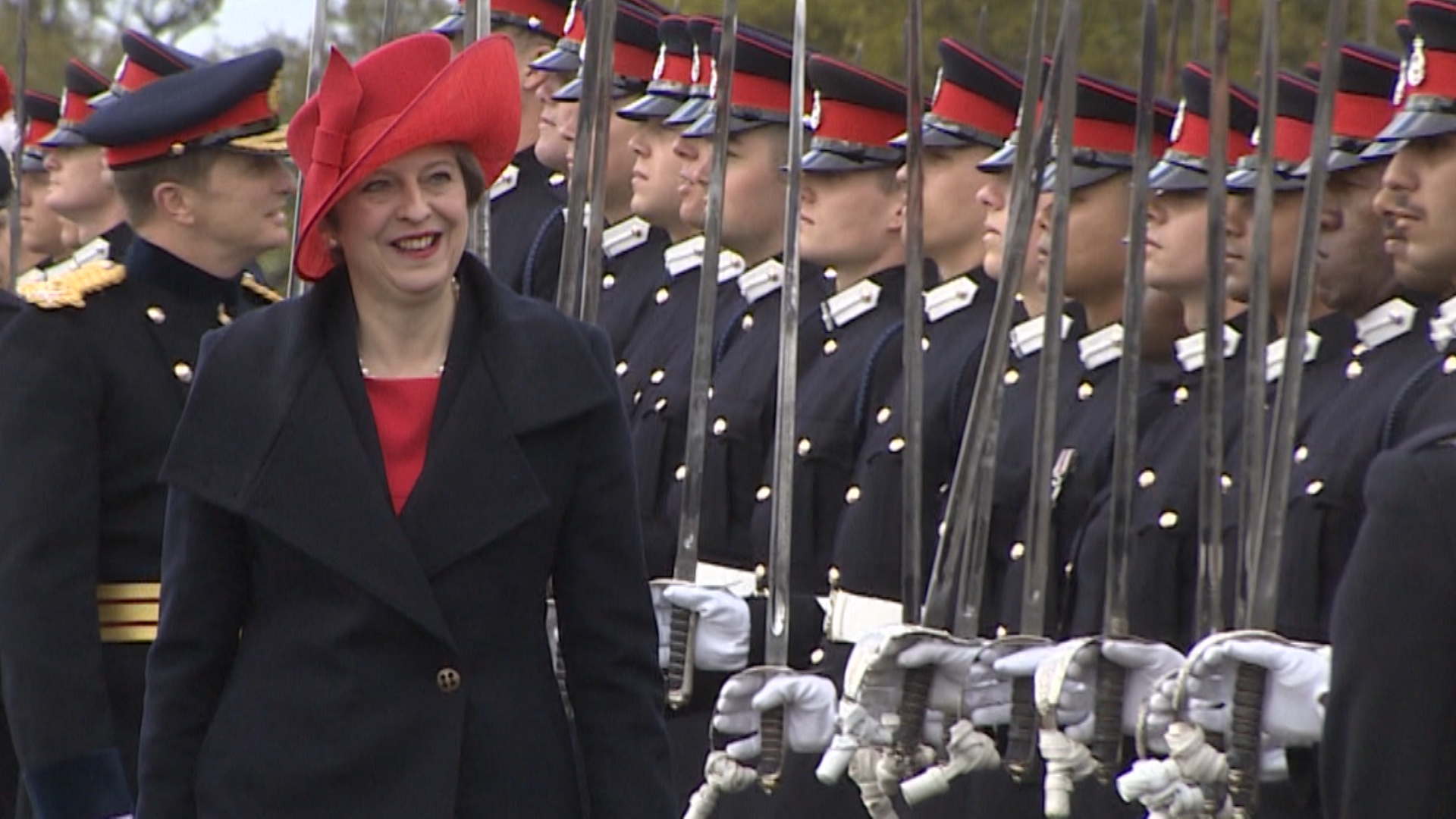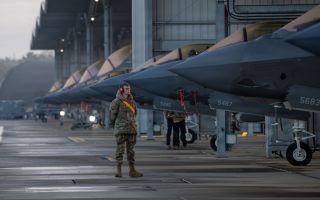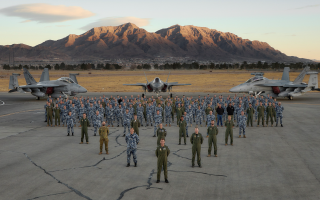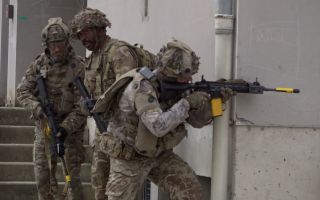
What Does A General Election In June Mean For Defence?

These are unpredictable and turbulent times: increasing tension in North Korea, the rise of Islamic State in the Middle East and Russian attempts at dominance across Eastern Europe, so perhaps we should not be surprised by an unexpected election announcement.
However, not too many people are discussing the effect the election could have on defence.
Earlier today Dr Julian Lewis, the Conservative Chair of the Defence Select Committee has said:
"I believe that defence is something which will have featured in the consideration of the party strategists... this would be something in the minds of the electorate at a time of suddenly increased global tension".
He also said there was a clear dividing line between the approach to defence issues taken by Theresa May and her Conservative colleagues and the very consistent anti-militarist approach taken by Jeremy Corbyn.
But key members of Jeremy Corbyn's team have refuted the allegation that he is “anti-militarist” and insist that Labour is committed to Defence.
Nia Griffith, Shadow Defence Secretary, said:
"Labour is fully committed to spending 2% of GDP on defence as per our NATO commitment and we were horrified in 2010 to see how Tories slashed defence spending and left the forces understaffed,with less equipment than they should have and not necessarily being able to get the proper training they should have".
At a time of heightened tension in North Korea, continued fighting in Middle east, not to mention Russia, international defence and security are undoubtedly on the minds of the British Public.
But Theresa May has said herself that the main reason for calling these elections was to focus on the negotiations with the European Union and it seems likely that for voters too, Brexit will take priority over defence.









